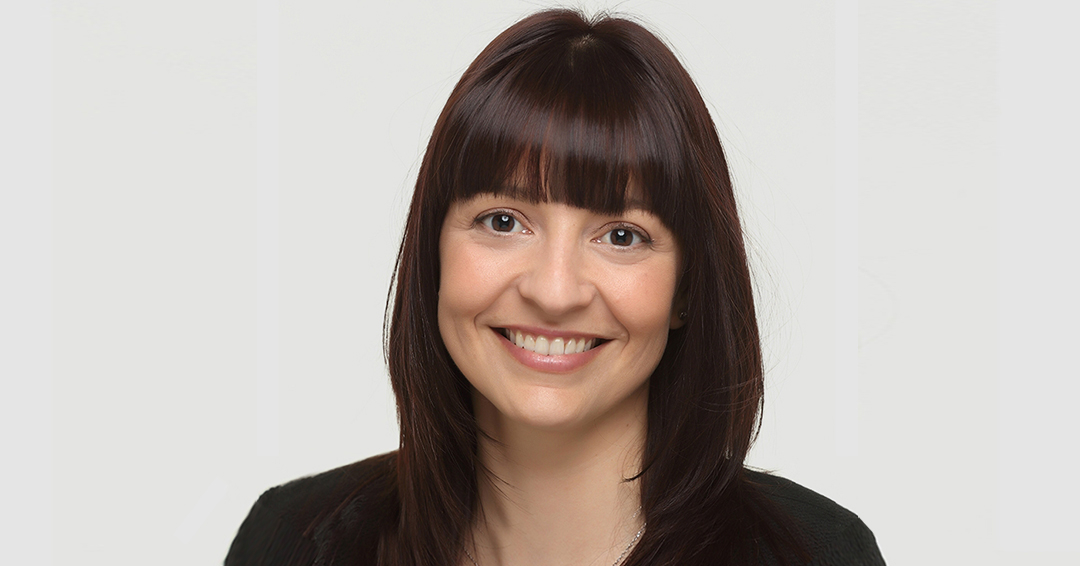
Sylvie Lambert is an Associate Professor and Associate Director- Research at the Ingram School of Nursing (ISoN), a principal scientist at the St. Mary’s Research Centre and a Canada Research Chair (Tier 2). Drawing on her nursing background, Professor Lambert’s research focuses on supporting caregivers of patients with cancer and other chronic illnesses by developing and evaluating low-cost and sustainable self-care and illness self-management interventions. Her team also adapts these evidence-based interventions to the needs of patients and caregivers from culturally and linguistically diverse backgrounds. Last year, she was awarded a $300,000 health equity research grant https://cancer.ca/en/research/for-researchers/funding-results/health-equity22 from the Canadian Cancer Society for a project focused on improving communication between patients with cancer from culturally and linguistically diverse (CALD) backgrounds and clinicians. More recently, she was awarded a competitive 4-year $760,000 Canadian Institutes of Health Research grant to further her research in optimizing the delivery of a web-based psychosocial and physical activity program for men with prostate cancer and their caregivers.
How does your nursing lens shape your cancer research?
I completed my undergraduate and graduate studies at McGill, where I was exposed to the McGill Model of Nursing, which later evolved into Strengths-Based Nursing and Healthcare (SBNH). The SBNH approach is about recognizing, mobilizing, capitalizing on and developing a person’s strengths to promote health and facilitate healing. It is a means of empowering not only patients and their families, but also clinicians, practitioners, leaders, and managers. These core values shaped my practice as a nurse and carried over into my research. I focus on patients and their caregivers as a dyad, looking at how to best support patients and caregivers as they try to cope on a day-to-day basis with the challenges of cancer and other chronic diseases.
What is the one finding in your cancer research that surprised you the most?
Although there is greater awareness today about the toll of caregiver distress, this was not always the case. In 2009-2011, while I was a post-doctoral student in Australia, I documented the impact of being a family caregiver. I was surprised to see that caregivers experienced even more anxiety than patients, and that without any intervention, they continued to report the same level of anxiety for years after the diagnosis. This led to the title of one of my papers: Distressed caregivers do not recovery easily. Caregivers have a lot to deal with. For decades, they were expected to figure out so much on their own. Medical clinic visits have become shorter and the focus is understandably on treatments and next steps. That does not leave much room for talking about how patients and families are managing the physical and psychosocial consequences of those treatments once at home. They have to wait for the next clinic visit, which is often weeks later. I wanted to fill that knowledge and support gap by developing specific interventions to address patient and caregiver distress.
What are the most challenging aspects of a career in nursing research?
Work-life balance is always a challenge. Beyond that, research is supported by grant funding, which is extremely competitive. By necessity, researchers spend a lot of time submitting grant applications and seeking out new funding opportunities.
What are the most rewarding aspects of a career in nursing research?
It is very rewarding to see the tangible impact we have had, and continue to have, on patients and their caregivers. It often takes 10+ years for research to be integrated into practice, which can be discouraging, especially for nurses who are used to having an impact on patients on a daily, even hourly basis. Fortunately, in my research, every patient and caregiver who enrolls in our studies is impacted in some way, from the simple act of being listened to as they describe their hardships to the benefits of testing a new intervention. The results of our studies show very clearly that these interventions are helpful on an individual level. Our job as researchers is to continue publishing, presenting and disseminating that knowledge to others so that more patients and caregivers can benefit from our findings.
What are you most proud of and why?
I am most proud of my team. I am very lucky to have been mentored by giants who have let me stand on their shoulders. Today, I am surrounded by a devoted team of research managers, coordinators, assistants and students who are dedicated to continuing this important work. I could not do this research without them.
At the policy level, I am also delighted to be serving on the Executive Committee of the Quebec Observatory on Caregiving ( CIUSSS West-Central Montreal | Observatoire québécois de la proche aidance (ciussswestcentral.ca). Established by the Ministry of Health and Social Services in 2020, the Observatory is a hub for the production and transfer of reliable, essential and relevant knowledge aimed at raising awareness and fostering a better understanding of caregiving in order to improve support for everyone who takes on this challenging role.
